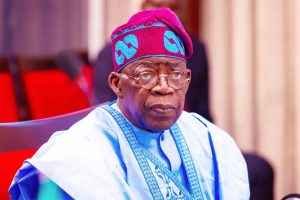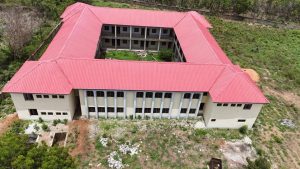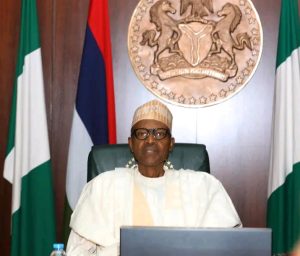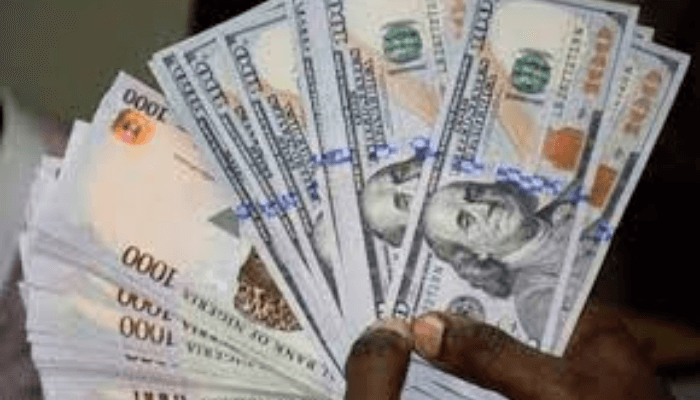Nigeria’s external reserves have surged to a 22-month high of $37.31 billion, signaling a significant increase in foreign inflows into the economy. This milestone was reached on September 18, 2024, according to data from the Central Bank of Nigeria (CBN), marking the highest reserves level since November 2022, when they stood at $37.36 billion. However, despite the boost in reserves, the naira continues to struggle, with Bloomberg ranking it among the 10 worst-performing currencies globally as of September 20.
The external reserves represent the country’s stock of foreign currency, which plays a critical role in stabilizing the local currency and enabling Nigeria to meet international financial obligations. The recent surge in reserves is largely attributed to several key factors, including domestic dollar bonds, remittance inflows from Nigerians abroad, and multilateral loans from global institutions such as the World Bank.
As of September 2024, Nigeria’s reserves have grown by 12.99 percent, or $4.29 billion, compared to the $33.02 billion recorded at the start of the year. On a year-on-year basis, the reserves have increased by 12 percent, or $4.03 billion, from $33.28 billion recorded in September 2023.
One of the key drivers of this increase has been the federal government’s issuance of domestic US dollar bonds, which raised over $900 million through the first series of the $2 billion domestic bond aimed at stabilizing the economy. Other major inflows include $553 million in remittances from Nigerians abroad between July 2023 and July 2024, and substantial financial support from institutions such as the African Export-Import Bank (AfreximBank) and the World Bank, which provided $3.3 billion and $2.25 billion, respectively.
Despite these positive developments in the country’s foreign currency reserves, the naira has continued to depreciate against major currencies. Since September 2023, the naira has lost 49.56 percent of its value in the official foreign exchange market, falling from N776.60 per dollar to N1,539.65 per dollar in the Nigerian Autonomous Foreign Exchange Market (NAFEM). In the parallel market, often referred to as the black market, the naira also plummeted by 41.87 percent, dropping from N965 to N1,660 per dollar over the same period.
Economic experts attribute the naira’s persistent struggles to a lack of confidence in the foreign exchange market, driven by an increased speculative demand for US dollars. Muda Yusuf, CEO of the Centre for the Promotion of Private Enterprise, noted that the crisis of confidence in the market has fueled the speculative attacks on the naira, contributing to its continued depreciation.
Olayemi Cardoso, governor of the CBN, highlighted two key factors behind the naira’s decline: a shrinking supply of US dollars in the Nigerian economy and rising demand for foreign currency. Cardoso pointed out that Nigeria’s growing foreign exchange demand, particularly for education and healthcare, has played a significant role in the weakening of the naira. He noted that in the past decade, foreign exchange demand for education and healthcare alone had totaled almost $40 billion, while Personal Travel Allowances (PTAs) had accounted for an additional $58.7 billion during the same period.
Despite the CBN’s efforts to stabilize the naira by boosting foreign exchange inflows through domestic dollar bonds and other measures, the currency has continued to suffer. In February 2024, Nigeria recorded $8.86 billion in foreign exchange inflows, a 57 percent increase compared to the $5.66 billion recorded in February 2023. However, the increased inflows have not yet translated into sustained naira appreciation.
Experts at FBNQuest predict that proceeds from recent auctions of foreign currency-denominated bonds will provide short-term support for the naira, but they emphasize that addressing Nigeria’s security issues in the oil sector and boosting crude oil production will be crucial to achieving long-term foreign exchange stability.
Meanwhile, Nigeria’s external reserves are expected to rise further as the country awaits the approval of a $1.7 billion loan from the World Bank, slated for September 26, 2024. The loan is aimed at improving key sectors such as healthcare, agriculture, and infrastructure, while driving economic stability and increasing foreign exchange liquidity in the short term.













